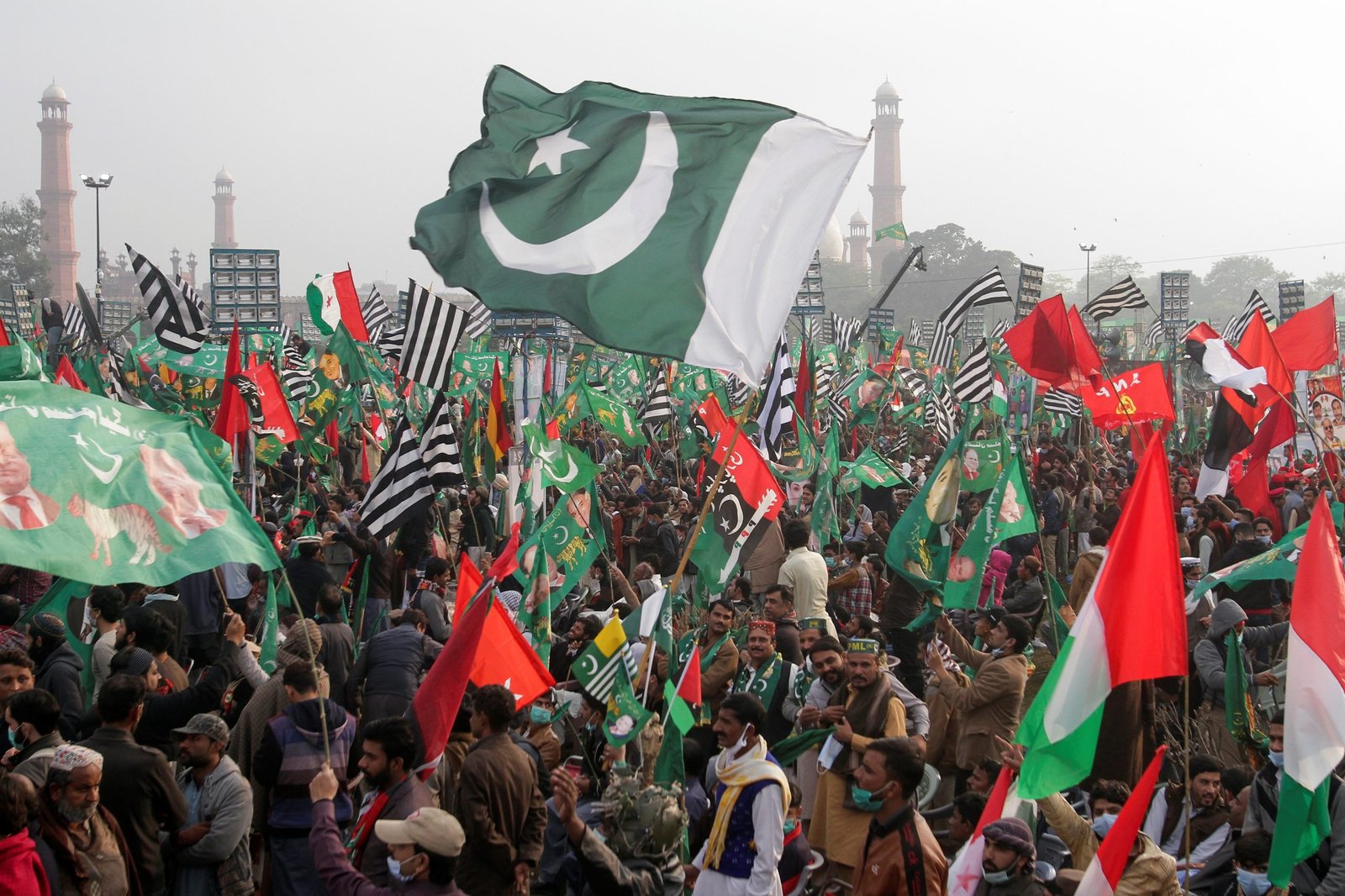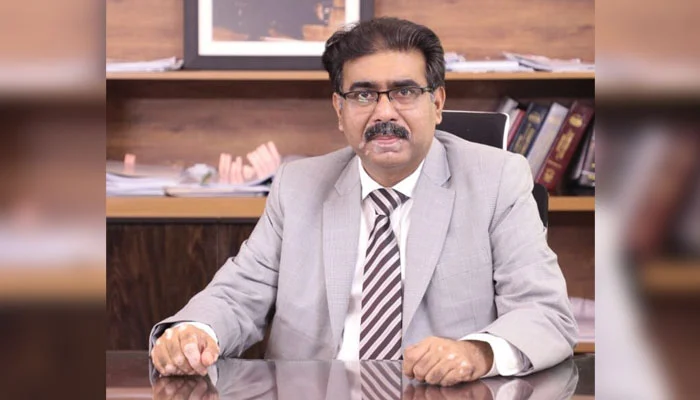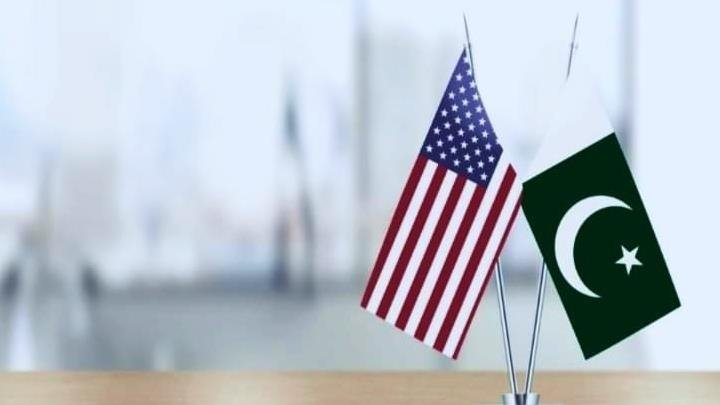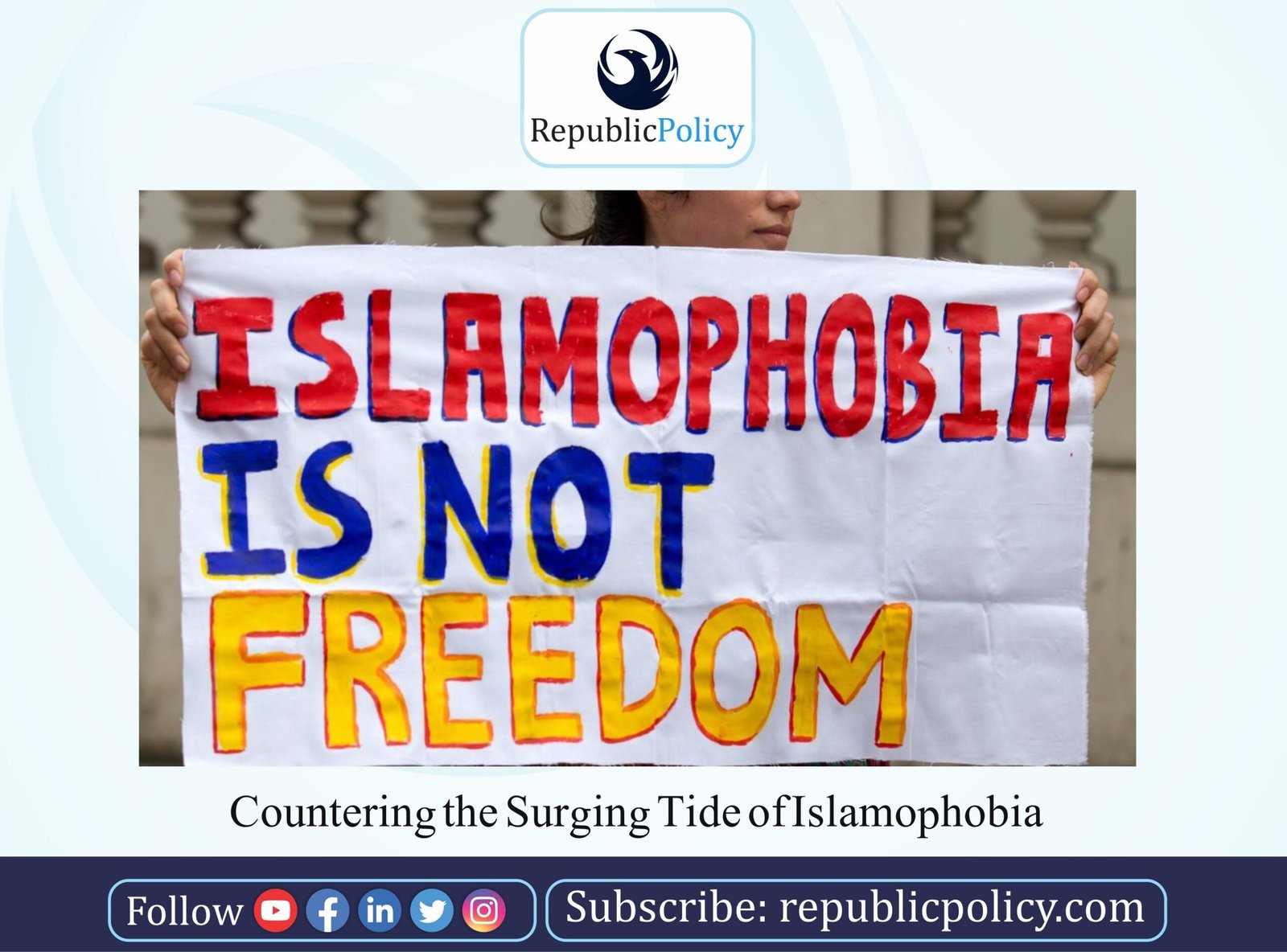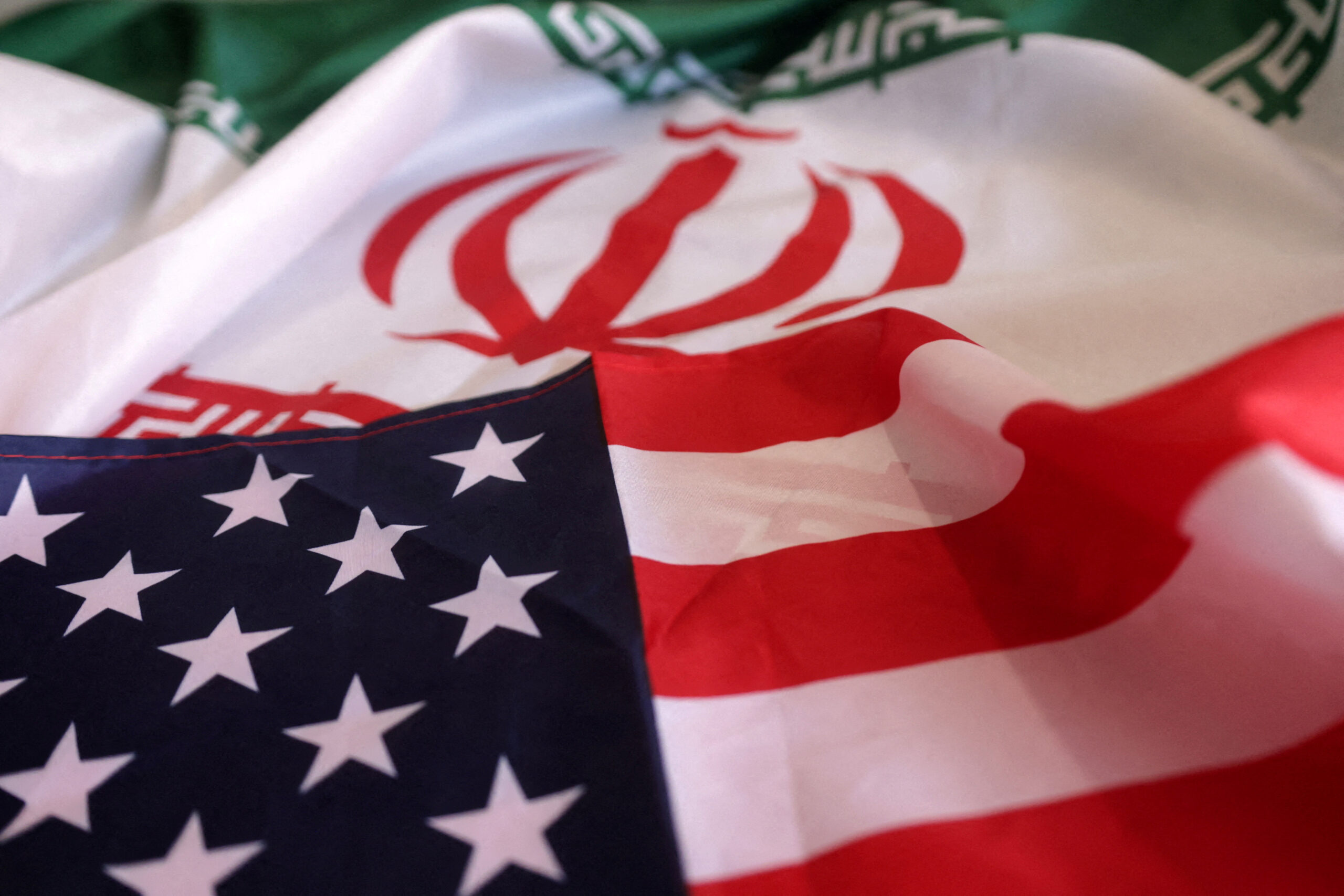Roman Awan
The International Day for the Elimination of Violence against Women (IDEVAW) is a global observance that aims to raise awareness and mobilize action to end the pervasive human rights violation of violence against women and girls. The date of November 25th was chosen to commemorate the brutal assassination of the Mirabal sisters, three political activists from the Dominican Republic, in 1960 by the order of the dictator Rafael Trujillo. The day was first observed by women’s rights activists in 1981 and later officially designated by the UN General Assembly in 1999 through resolution A/RES/54/134.
The resolution recognizes that violence against women and girls is a manifestation of historically unequal power relations between men and women and that it impedes the full realization of women’s human rights and fundamental freedoms. It also acknowledges the Declaration on the Elimination of Violence against Women, adopted by the General Assembly in 1993, as a comprehensive framework for addressing the issue. The resolution invites governments, UN agencies, civil society organizations and individuals to organize activities on the day to raise public awareness and promote the elimination of all forms of violence against women and girls.
The IDEVAW is part of the UNiTE campaign, launched by the UN Secretary-General in 2008, which calls for all sectors of society to join forces to end violence against women and girls. The campaign also marks the 16 Days of Activism against Gender-Based Violence, which run from November 25th to December 10th, the Human Rights Day. Each year, the campaign adopts a specific theme and colour to highlight a particular aspect of the problem and to mobilize diverse actions. For example, the theme for 2023 is “Invest to Prevent Violence against Women and Girls”, and the color is orange, symbolizing a bright and optimistic future free from violence.
The IDEVAW is an important occasion to raise awareness, advocate, and take action to end violence against women and girls, which affects one in three women globally and has been exacerbated by the COVID-19 pandemic. However, the day also faces some challenges and limitations, such as:
- The lack of reliable and comparable data on the prevalence, causes, and consequences of violence against women and girls hinders the development and evaluation of effective policies and programmes.
- There is to be insufficient funding and investment in prevention and response initiatives, especially at the grassroots level, where women’s organizations play a vital role in supporting survivors and challenging social norms that perpetuate violence.
- The persistence of discriminatory laws, norms and practices that undermine women’s autonomy and agency and that create barriers to accessing justice and services for survivors of violence.
- The resistance and backlash from conservative and patriarchal forces that seek to maintain the status quo and to silence the voices and demands of women’s rights activists.
Therefore, the IDEVAW should not be seen as a one-off event but as a catalyst for sustained and coordinated efforts to end violence against women and girls in all its forms and settings. It should also be an opportunity to celebrate the achievements and resilience of women’s movements and to amplify their calls for accountability, justice and equality.
Furthermore, On November 25th each year, the world unites to observe the International Day for the Elimination of Violence against Women (IDEVAW), a stark reminder of the pervasive human rights violation that continues to plague women and girls worldwide. This day serves as a poignant commemoration of the brutal assassination of the Mirabal sisters, three political activists from the Dominican Republic, in 1960, a tragic event that galvanized the global movement against gender-based violence.
IDEVAW’s significance lies in its ability to raise awareness, mobilize action, and galvanize a collective global response to this persistent issue. It highlights the deep-rooted power imbalances between men and women, a fundamental cause of violence against women and girls. The day serves as a rallying cry, urging governments, international organizations, civil society, and individuals to unite in the fight against this scourge.
The UNiTE campaign, launched in 2008, serves as the overarching framework for IDEVAW, encompassing the 16 Days of Activism against Gender-Based Violence, a period of focused action and advocacy. Each year, a specific theme and color are adopted to symbolize the campaign’s message and galvanize diverse actions.
In Pakistan, IDEVAW holds particular significance, given the country’s high prevalence of violence against women and girls. With 32% of women reporting experiencing physical violence in their lifetime, forms of violence such as “honor killings,” domestic violence, and early and forced marriage remain prevalent.
Despite the progress made, challenges and limitations persist in addressing violence against women in Pakistan. The lack of reliable data, insufficient funding, discriminatory laws and practices, and resistance from conservative forces hinder effective interventions and perpetuate the cycle of violence.
IDEVAW must not be viewed as a mere observance but as a catalyst for sustained action. It is a day to celebrate the achievements and resilience of women’s movements, amplify their voices, and demand accountability, justice, and equality.
Together, we must break the silence, challenge harmful norms, and empower women and girls to live free from fear and violence. IDEVAW is a reminder that our collective action is the key to creating a world where all women and girls are safe, respected, and empowered. Accordingly, Pakistan should also implement the spirit of the day into state and social institutions. Women are an integral part of the society in Pakistan, and Pakistan can not develop unless women are provided with legal, administrative, social and cultural rights.
Please, subscribe to the YouTube channel of republicpolicy.com







